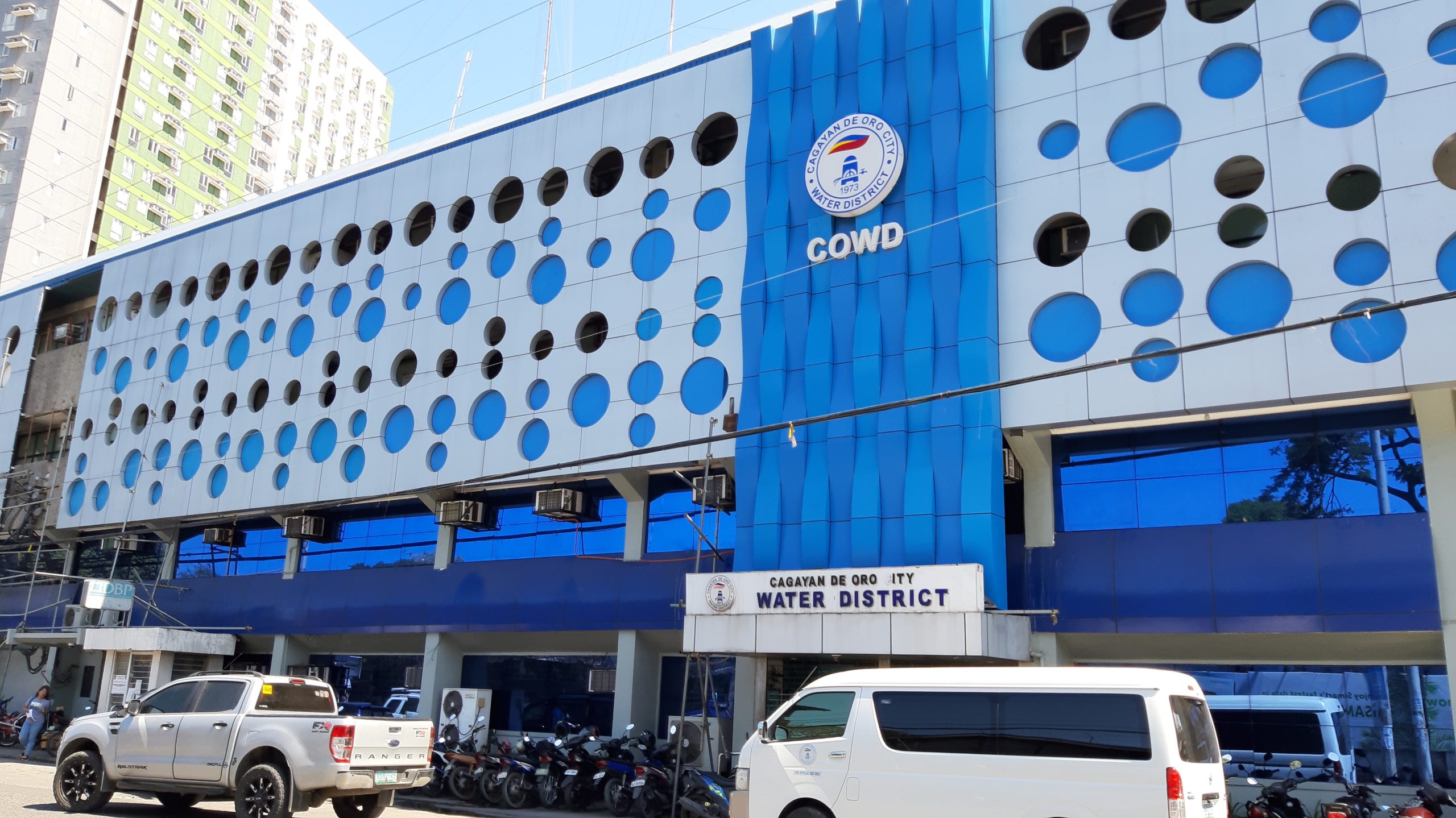Fr. Leo Pabayo
THE following is an article that I wrote for this paper about 10 years ago. I think it is worth republishing given the recently much commented dismal performance of our basic education students in the Programme for the Student International Assessment or Pisa.
Read on:
A teacher in one outlying barangay school told me that the usual reason given by their students for being absent is “wala’y baon” (no food). I take that to mean that they absented themselves because they were out looking for food. I can imagine that the poorer they are the more often they would absent themselves from class to look for food. This can reach a point when they forego school altogether.
There are reluctant street children, therefore. They are out in the streets a good part of the day not really because they want to. They have a family life and they would prefer to go to school but their parents are too poor to feed them, much less send them to school. They have nothing much to do at home either and so are out in the streets with friends who are in a similar situation to find ways of getting something to eat. They are also out of school to help in the livelihood of their parents in scavenging or rummaging through garbage cans for papers, paper boards, bottles, tin cans, sidewalk vending, etc..
Some are around the malls to offer services to the mall-goers, like giving umbrella services to them when it is raining. They are I think part-time street children who still go to school. It would be good to encourage these in what they are doing and to avail of their services so they can earn. It is good for the mall management to allow these children to do their little services on their grounds. It can be done more often at no loss but a benefit to the mall owners. Other business establishments can follow suit. Aside from the “umbrella service,” these children can wash cars, shine shoes, pushcarts, carry bags, etc..
This is not child labor. It is light work. They are not forced to do it and it is but part-time, a “sideline” that takes only a little of their time, maybe two hours a day and not necessarily to be done every day. They are mainly students.
It is my opinion that it is good for children to already help with their parents’ livelihood. It was like that in the simpler lives of people in the past. The children helped out in the farms. Artisans enlisted their children as apprentices so the latter can learn about their trade first hand and hands-on. The set up was conducive to a healthy family life. Bonding happens every day.
The situation of these children might be a good occasion for us to take a good, long and hard look at the way we are educating our children. Is the education they are getting close enough to their life as poor children and helping them in their situation now? It is timely to point out here that many of those children who manage to continue with their schooling do not eat regularly and when they eat, they eat very little. Should not their education now give them plenty of space to earn a living with their families and integrate their work into their studies?
With regards to the sideline work that street children do at the malls and other business sections of the city, this can be part of their education if their teachers are creative enough to integrate what they do. What they do can be the basis for that real-life education that many teachers want in our educational system. For example, these children can learn some real-life mathematics because their work will involve counting money, giving a change, dividing sums of money among peers, multiplying to estimate their earnings in a week, etc….This way of learning math can make math more interesting for them. Lessons on how to relate with those they give service to, how to be polite and respectful but wise in the ways of the street, can be considered part of their education in social graces and prudence. Their studies in English will also become more realistic, geared toward their situation as working children. Their work experience can also be a base for teaching them social studies. Instead of just studying from their books they can learn from real-life experiences what kind of society they are living in. Their sad and happy experiences in meeting different kinds of people in their work can be good reference points in motivating them to learn the right kind of behavior and values. Their social studies teachers can use these experiences also as a starting point in discussing with them how they can rise from their poverty in the society they are living in or how they can improve or reform this society that makes it so difficult for the poor to rise from their poverty.
***
This Christmas season would be a good special occasion to give more generously to these street children. A Blessed and Merry Christmas to you!
Disclaimer
Mindanao Gold Star Daily holds the copyrights of all articles and photos in perpetuity. Any unauthorized reproduction in any platform, electronic and hardcopy, shall be liable for copyright infringement under the Intellectual Property Rights Law of the Philippines.











